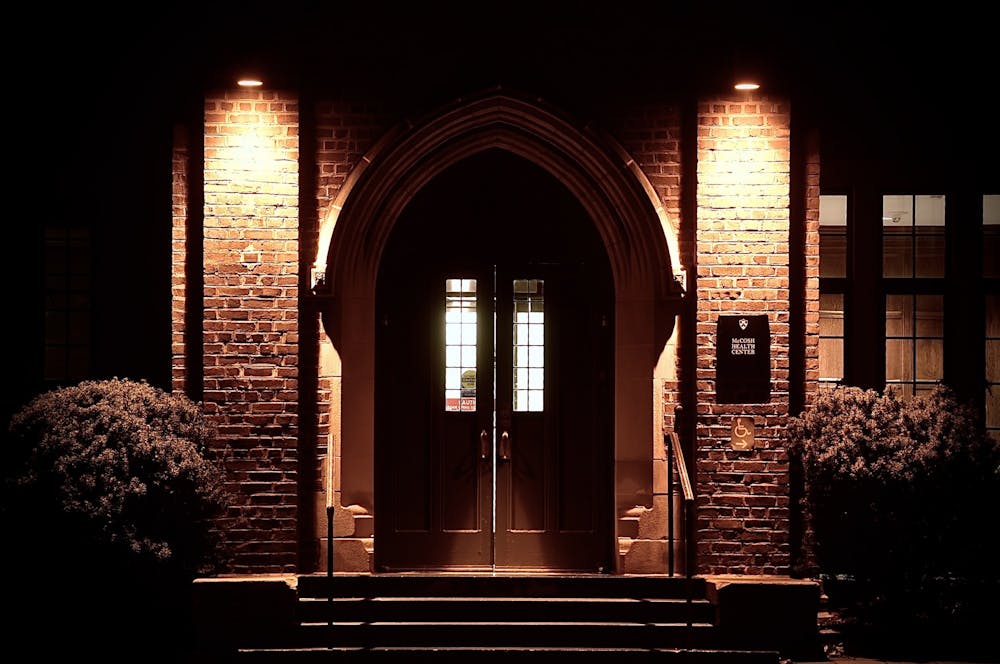As flu season approaches, a substantial number of students have been visiting University Health Services’ (UHS) Outpatient Medical Services (OPMS). Both OPMS and Counseling and Psychological Services (CPS), two of UHS’s largest services, have seen “considerable activity during these early weeks in the semester,” said John Kolligian, the Executive Director of UHS.
OPMS is a team of college health professionals composed of physicians, nurse practitioners, emergency medicine specialists, and an infectious disease specialist. Over the past two weeks, OPMS and the Infirmary Service describe seeing over 1200 students for in-person health evaluations.
“The overall number of students seeking care is higher than usual,” Kolligian remarked.
Though students continue to seek care for a wide variety of reasons, this academic year marks a “significant increase” in the number of telephone calls to OPMS, according to Kolligian. OPMS reports taking in over 50 calls a day, many of which involve cases of mild cold-like symptoms. In order to handle this increase in telephone volume, OPMS nurses attempt to provide diagnoses over the phone, recommending treatment and screening students for COVID-19.
Additionally, OPMS reports strengthening their numbers of client service representatives and integrated nursing staff at the front desk. On their busiest days, OPMS has over 20 healthcare professionals.
“UHS is routinely well-staffed,” Kolligian said. “The University has supported us with additional resources for staffing and other purposes.”
However, some students believe there are barriers to accessing the telehealth services OPMS provides. Will Huang ’25 recently visited McCosh Health Center around midnight on Sept. 16 with a severe cough.
“I coughed so hard,” Huang explained, “that I threw up.”

When asked why he had not visited a doctor earlier, Huang cited what he described as a confusing array of options presented by the UHS automated phone service.
“There’s so many options … and none of them are the front desk. It’s very unclear how to make an appointment,” Huang said.
Previously, Huang had tried to call the number on the sign in McCosh’s entrance but had to dial through the infirmary when no one picked up. After asking the infirmary to transfer him to the front desk, Huang says the infirmary instead instructed him to go buy Robitussin. Even though Huang followed their instructions, his cough did not improve.
“They told me I was fine,” Huang said after he visited McCosh. “I am clearly not fine.”

Dominic Riendeau-Krause ’25, Huang’s roommate, said he has been sick for about a week and a half. He is “fairly certain” Huang got him sick.
Regarding his experience with McCosh, Huang stated, “The system is not geared towards someone that has a common cold … it’s a ‘You don’t have COVID, you’re good’ type of situation.”
In his response to the ‘Prince,’ Kolligan noted that the “highly trained [telehealth] nurses conduct telephone triage to recommend the most appropriate method for evaluating, treating, and caring for patients with health concerns, while promptly screening and identifying students with potential COVID-19 symptoms.”
Janny Eng is a News Contributor for the 'Prince.' She can be reached at je3398@princeton.edu.








